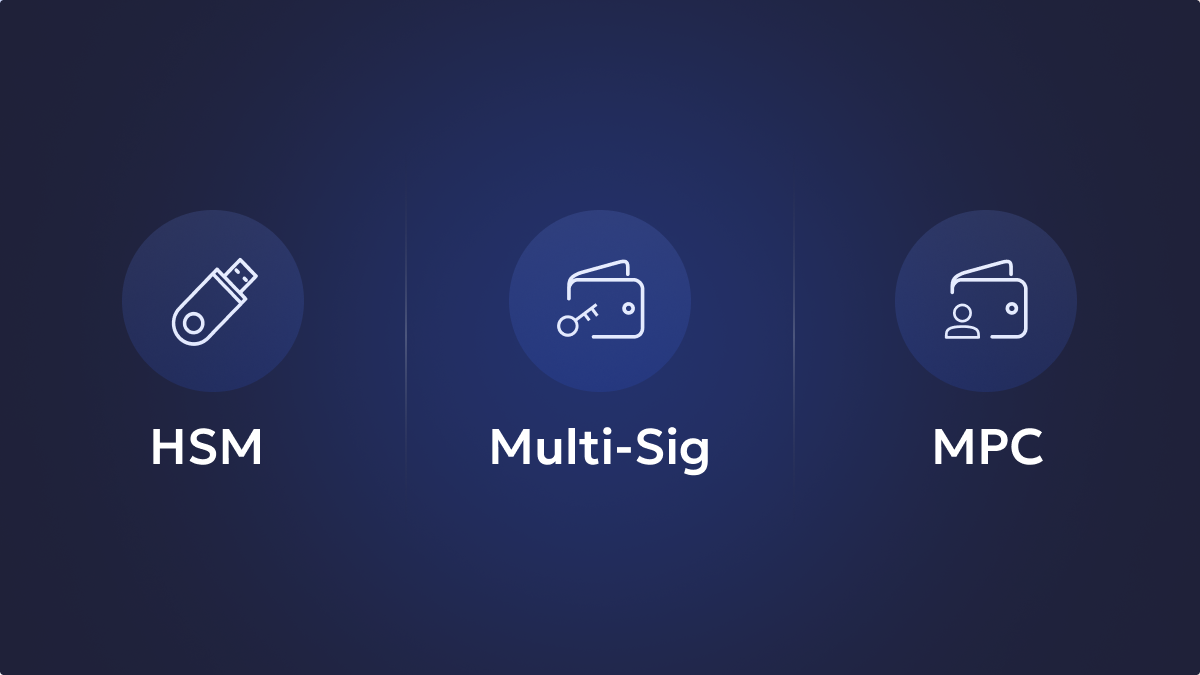The usage of cryptocurrencies has always been subjected to anonymity and hiding one’s identity. Lack of an infrastructure, KYC and AML implications made virtual assets the go-to currency to hide transaction intentions.
Fiat currency being heavily under regulations paved the way for cryptocurrencies to accentuate direct participation on questionable trades either on darknet or the normal web ecosystem.
The innate nature of virtual assets makes them a prominent asset class to conduct suspicious activities.
Unlock the potential of digital assets for your institution
The initial phase of cryptocurrencies saw very limited supervision that lead to an excessive use of cryptocurrencies to fund finance operations for activities like money laundering, terror financing and proliferation financing.
To combat this use-case of digital assets being developed, strict implementation of travel rule systems became imperative.
Emergence of Travel Rule
The origin of travel rule dates back to 1996, in a publication by the Financial Crimes Enforcement Network (FinCEN) Advisory where it entailed that every accredited financial institution is to maintain ledger of all transactions details and pass it on to next financial institution.
Secure and manage your digital assets with Liminal
Financial Action Task Force(FATF) extended the inclusion of Travel Rule for virtual assets (VAs) and VA service providers (VASPs), explicitly in 2019. It establishes for all institutions to follow all transactions that crosses a minimum threshold to contain senders information and then share it along to the next financial institution, completing the full monitoring circle of a transaction.
This extension of due diligence was highly appreciated by major world economies to stop digital assets being at the core of money laundering and terror financing operations.
Every institution registered under certain jurisdiction today, need to abide by this Travel Rule, otherwise face the risk of fines, loss of operational licences and transaction flows.
Countries where FATF-driven AML compliance obligations have been introduced since 2019 are Germany, Singapore, Switzerland, Canada, the United States, South Africa, the Netherlands, and Estonia, among others.
Challenges Involved In Travel Rule Implementation
The first and foremost bottleneck in crypto travel rule administration is the non-uniformity in adherence to this policy by different nations, as the stand against crypto assets is still not very clear. The vast difference in policies and enactment of compliances following Travel Rule around crypto makes it difficult for institutions to incorporate self-compliance systems on their own.
Furthermore, the fact that cryptocurrency are factored by their decentralisation, encrypted data of transactions is what keeps a lot of activity on decentralised protocols. Induction of Travel Rule can mean loss of transaction activity, direct revenue streams and ultimately blockchain proliferation.
Crypto assets configured on different network protocols deepens the problems for travel rule in crypto, there is no pertinent communication system between VASPs to share information and transaction details. Lack of collaborative set of travel rule standards is how institutions and VASPs are still juggling between this compliance strategy adoption across the industry.
How Liminal Is Streamlining Travel Rule With Notabene and CODE
Liminal is taking a step further in securing the transactions sanctioned by its clients, implementing exclusive collaborations with hardcore travel-rule compliance systems Notabene and CODE to bring the integration of Travel Rule compliance build internally into the wallet functionality.
Notabene is enabling a smooth compliance journey, making crypto transaction a part of the economy, incorporating a suite of tools to manage counter-party risks. Notabene provides end-to-end FATF Travel Rule solution for VASPs, help them in completing due diligence and access transaction monitoring from a single dashboard.
CODE is a novel decentralised based travel-rule compliance system emerged out of Korea, to support emerging and established organisations follow the travel-rule. Following the guidelines established by FATF, CODE works on the Corda blockchain to provide VASPs an edge in instilling transactional monitoring and sender-data sharing roadmap safely.
Liminal will provide its clients with access to Notabene and CODE’s VASP network and help them create their profiles, track transactions that come under Travel Rule threshold, analyse KYC/AML processes and also join online product training sessions led by Notabene.
The partnership between Liminal and Notabene and CODE will feature a strict execution of following the standard rule sanctioned by a plug-and-play architecture. This will directly aid Liminal’s clients who are operating under such specific jurisdictions where Travel Rule is necessary to operate.
A Compliance Rich Custody Interface
With key regulations and compliance in place, we at Liminal are preparing to enrich and elaborate our wallet and custody services. Pushing digital assets to become a part of global economy, sidelining them from illicit activities is the greater goal we are pushing towards.
Liminal’s interface is now equipped with such meaningful collaborations will lead a new wave of custody compliance incorporated with the biggest VASPs organisations followed by the new-comers and ultimately setting a standard practise of following travel-rule regulations across industry.






